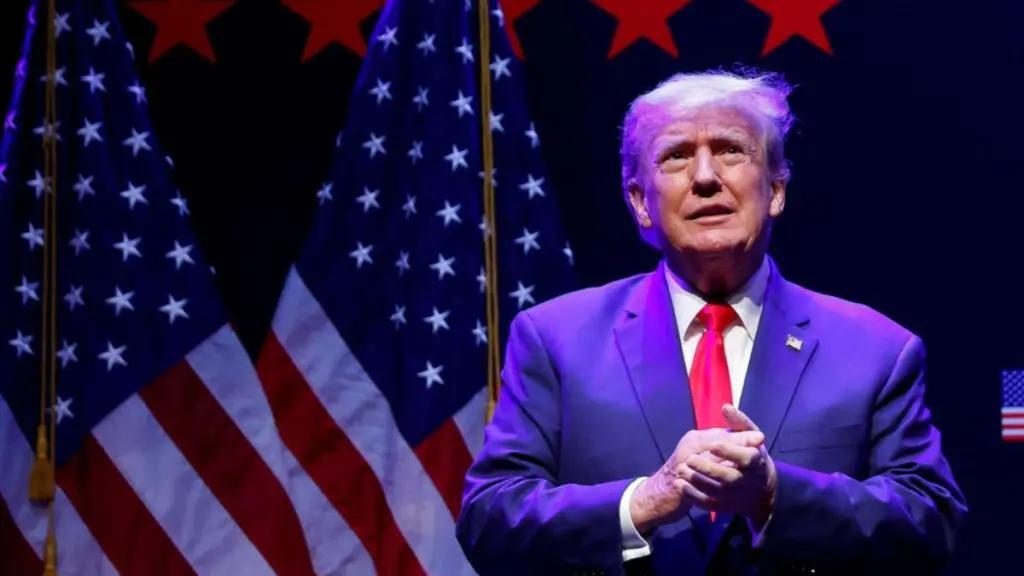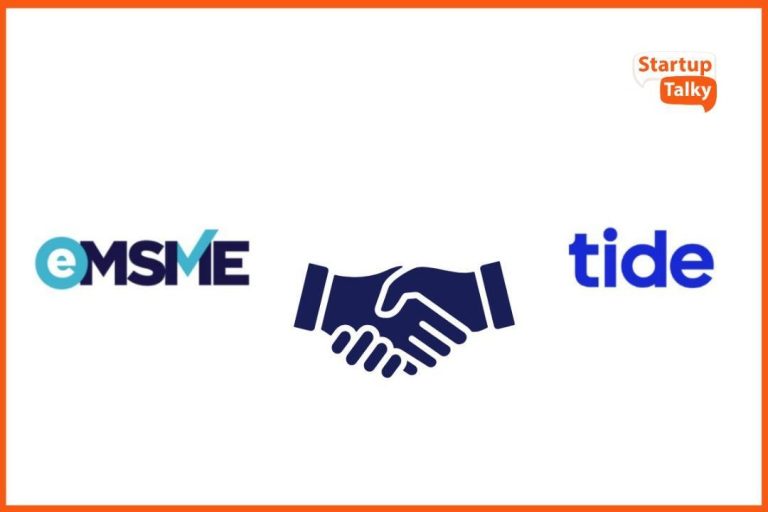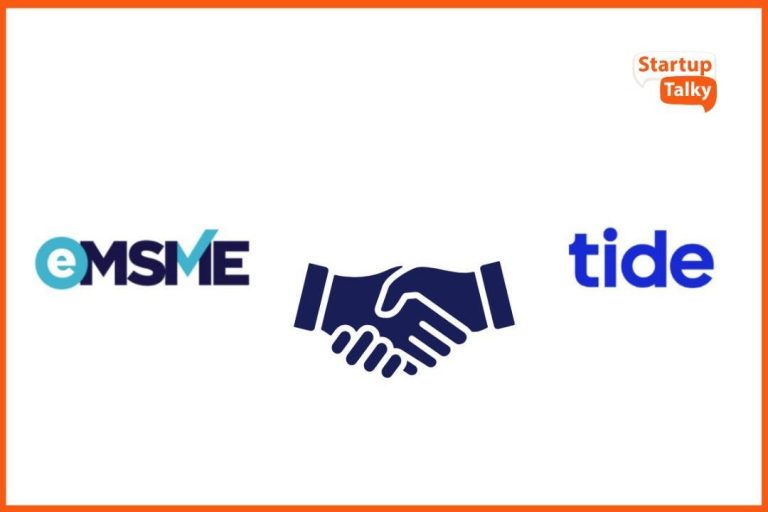
Donald Trump Exempts Smartphones & Computers from Reciprocal Tariffs
In a move that has sent shockwaves through the tech industry, United States President Donald Trump has exempted smartphones, computers, and other electronic items from the reciprocal tariffs, including the 125% tariffs he imposed on Chinese goods. According to a Customs and Border Patrol notice, this exemption applies to products such as smartphones, laptops, tablets, and televisions, among others.
This decision comes as a relief to tech giants, including Apple, who had expressed concerns that Trump’s tariffs could lead to a significant increase in gadget prices. Many of these tech products are manufactured in China, and the tariffs would have added to the cost of production, making them more expensive for consumers.
The exemption is part of the US-China trade war, which has seen the US impose tariffs on over $250 billion worth of Chinese goods in recent months. In response, China has also imposed tariffs on over $110 billion worth of US goods. The trade war has had far-reaching implications for businesses and consumers alike, with many companies struggling to navigate the complex and ever-changing landscape of tariffs and trade agreements.
The exemption for electronic items is seen as a significant victory for the tech industry, which had been vocal in its opposition to the tariffs. Apple, in particular, had warned that the tariffs could lead to a significant increase in the cost of its products, including the iPhone, iPad, and Mac computers. The company had estimated that the tariffs could add up to $1.4 billion to its annual expenses.
Other tech companies, including Google and Amazon, had also expressed concerns about the impact of the tariffs on their businesses. Google, for example, had warned that the tariffs could lead to a significant increase in the cost of its Pixel smartphones and Google Home smart speakers. Amazon, meanwhile, had expressed concerns about the impact of the tariffs on its Echo smart speakers and Kindle e-readers.
The exemption for electronic items is seen as a significant concession by the Trump administration, which had previously been resistant to calls to exempt certain products from the tariffs. The administration had argued that the tariffs were necessary to protect American industries and jobs, and that they would ultimately benefit the US economy.
However, critics of the tariffs had argued that they were misguided and would ultimately harm American consumers and businesses. The tariffs, they argued, would increase the cost of goods for American consumers, while also making it more difficult for American companies to compete in the global market.
In his announcement, Trump did not provide a specific reason for the exemption, but it is believed that the administration was swayed by the concerns of the tech industry and the potential impact on American consumers. The exemption is seen as a significant win for the tech industry, which had been lobbying hard for relief from the tariffs.
The exemption is also seen as a significant development in the ongoing trade war between the US and China. The trade war has seen both countries impose tariffs on each other’s goods, but the exemption for electronic items is seen as a significant concession by the Trump administration.
The exemption is also seen as a significant development in the ongoing debate about the impact of tariffs on the US economy. The tariffs, which were imposed in an effort to protect American industries and jobs, have been criticized for being overly broad and for harming American consumers.
In conclusion, President Trump’s exemption of smartphones, computers, and other electronic items from the reciprocal tariffs is a significant development in the ongoing trade war between the US and China. The exemption is seen as a significant win for the tech industry, which had been lobbying hard for relief from the tariffs.
The exemption is also seen as a significant concession by the Trump administration, which had previously been resistant to calls to exempt certain products from the tariffs. The exemption is seen as a significant development in the ongoing debate about the impact of tariffs on the US economy, and is likely to have far-reaching implications for businesses and consumers alike.






